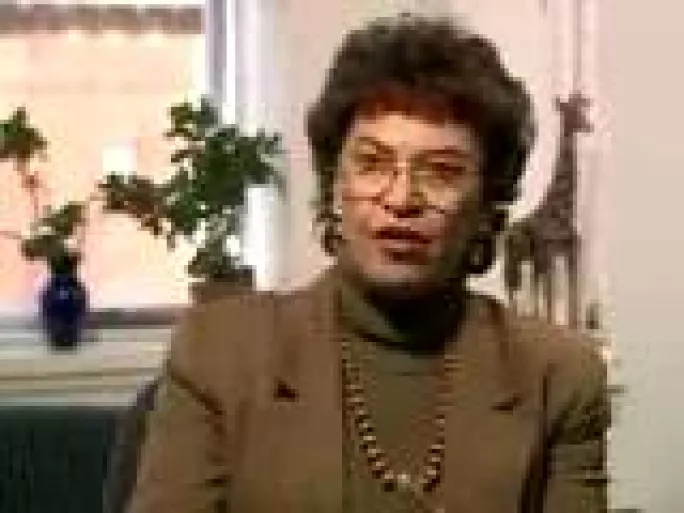‘The fight against apartheid was an extension of the fight against racial oppression in our daily lives’
“It’s not too difficult to imagine that the passing of Nelson Mandela was marked in a way he would have appreciated. The event froze media attention into a rare, singular international focus on human rights and social justice. The stories and programs widened the global lens to showcase not only the powerful transformations that accompanied his work, but the unfinished business left to all of us. A final powerful lesson only Mandela could have taught.
But even as his passing underscored his global impact, for millions of individuals, it is an intensely personal matter. Few with even cursory knowledge of the times can forget where they were that South African Sunday 11 February 1990 when Mandela walked from prison into the brilliant sun and the arms of his nation.
What’s been impressive to me especially are the hundreds of people I have seen and heard in media and have spoken to who feel the loss personally; individuals for whom Mandela was a catalyst for activism and involvement in their own lives.
I remember another sunny day, 2 July 1985. As president of the National Education Association in the US, I travelled to the South African Embassy in Washington, DC, in a convoy of 40 buses filled with 2,000 of my fellow teachers and support professionals to protest apartheid. As thousands more watched via video link from our convention, some 60 of our members volunteered themselves for arrest as part of a multi-year campaign in the US to end apartheid.
For these educators and for myself, the fight against apartheid was not about an esoteric policy in a distant land. It was very much an extension of the fight against racial and economic oppression that lived in our memories and remained in our daily lives.
Before I was a graduate-school dean, my own graduate school experience was my first ever at an integrated school. As a student in an all-black high school I was near the top of my class, but I had to fight to be in an academic program because they said my family was too poor for me to afford to go to college.
As a teacher in the segregated suburban schools of Washington, DC, my students had the fewest resources, the oldest books, the worst equipment. For me and millions of other educators, the words of Nelson Mandela have always held a deeply personal as well as professional significance: “There can be no contentment for any of us when there are children, millions of children, who do not receive an education that provides them with dignity and honour and allows them to live their lives to the full.”
A report last year found that in South Africa, black or mixed race students fall an average of two years behind their white classmates by the age of 18. Meanwhile in the United States, another report shows that more than 40 per cent of black and Hispanic students require remedial instruction when they enter higher education.
There are still approximately 100 million children in the world today who do not have access to education, most of whom are girls, either because schools do not exist or they are not allowed to be educated because of their culture.
Educators and citizens will keep Mandela’s legacy alive by ensuring that every child in the world - regardless of race, ethnicity, gender, socioeconomic status, religious beliefs or residence - is guaranteed the right to a quality education, a right to realise their full intellectual and developmental potential as citizens in their home country, as well as in our global society.
In the coming year, this legacy will be put to the test as the international community through the United Nations looks to define the role and priority of education in fostering development and reducing poverty. Through Education International’s Unite for Quality Education campaign and partners including UN Secretary General Ban Ki Moon’s Global Education First Initiative, the world’s teachers will be helping to lead a global call for quality education, making the best teachers, tool and learning environments available to every student.
The passing of Nelson Mandela gave millions a moment to reflect upon their own lives in context; their personal journeys, professional challenges, the struggles of their nations. We pause to mark the distance we’ve come and keep focus on what’s yet to cover. One thing seems certain as the need for equity persists: the push for progress will be equally persistent. After all, we’ve learned from the best.”
Keep reading for just £1 per month
You've reached your limit of free articles this month. Subscribe for £1 per month for three months and get:
- Unlimited access to all Tes magazine content
- Exclusive subscriber-only stories
- Award-winning email newsletters




